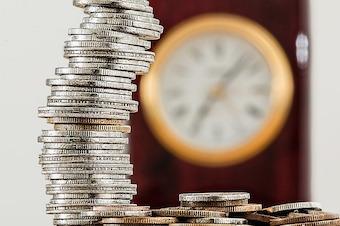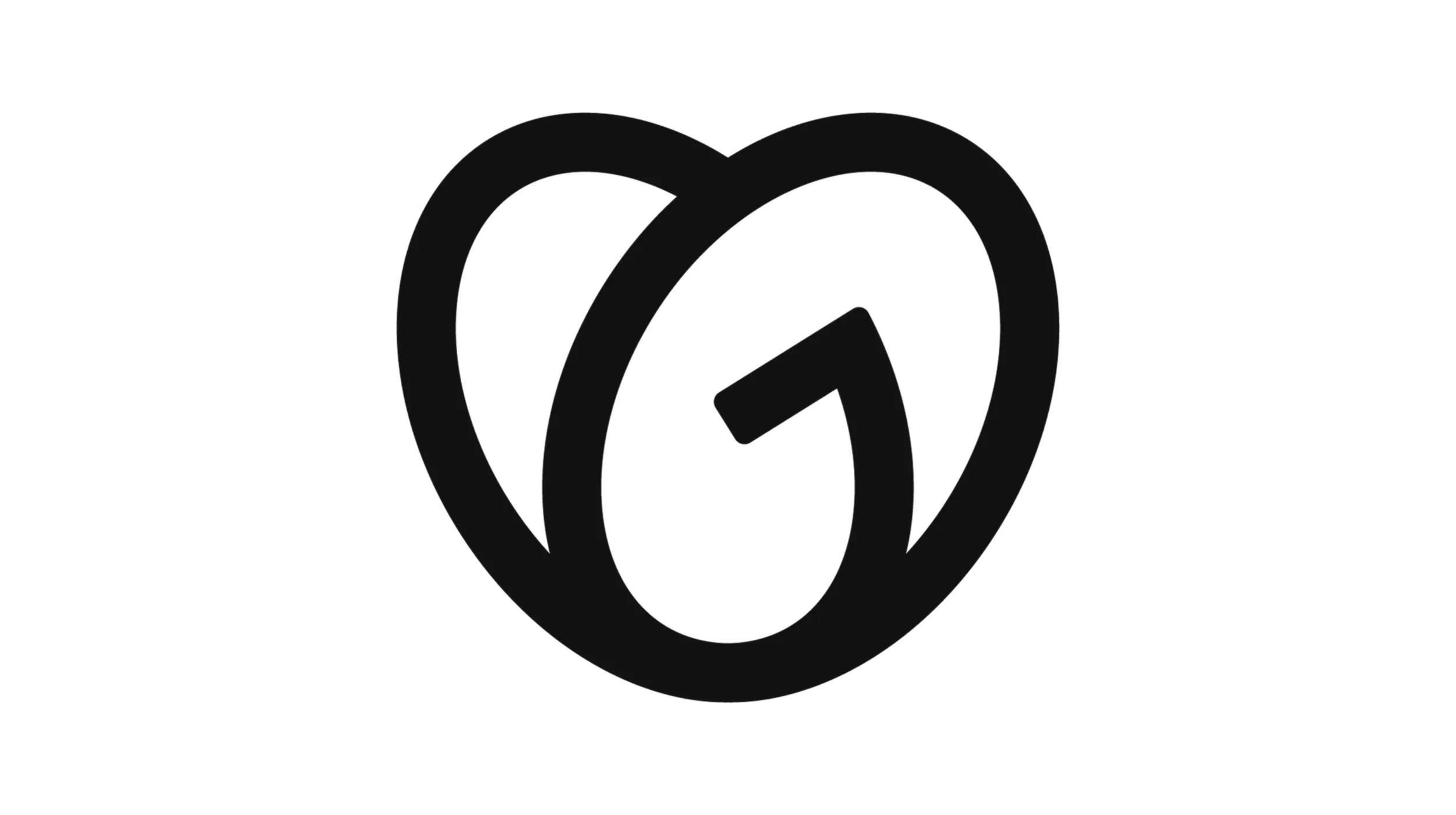How do you light a fire under your own butt? That’s one of the first questions I would ask a new freelancer or anyone contemplating making the switch to contract work life in 2017. Because when you’re on your own, you answer to you. Sure, you do work for your clients, and that keeps you accountable to a certain degree, but if you’re an especially enterprising developer who wants to see big rewards for the big risk of striking out on your own, you absolutely have to be a self-motivating machine. Personal accountability matters.
At the risk of sounding like one of many obnoxious inspirational social media accounts no doubt cluttering up your feed, the simple fact is that there are no off days when building a freelance empire.
And, like any great empire, yours won’t be built in one day, either. If you’re looking for overnight success as a developer, writer, designer or any other career in which you’re the solo practitioner, you’ll be overwhelmed as quickly as you’ll be disappointed.
Although it feels like a lifetime ago now in many respects, 2016 marked the first full calendar year in which I worked as a full-time, freelance WordPress developer. At the beginning of the year, I set a lofty goal for myself and how much revenue I planned to bring in. Now, if I had just written that down and stored it away without putting a daily action plan behind it, there’s no telling how short of the mark I would have fallen.
Instead, I took (and continue to take, and will forever take) the two minutes needed every single day to check in with the personal accountability system I created for myself, and earned nearly double my goal this year.
It’s not that hard, I promise! Physically, the only tool you need is a spreadsheet program. Mentally, the only thing you need to have is an iron will to succeed. Combine the two and bam! – long-term domination marked with a series of short-term successes.
Personal accountability = transparency
OK, I’ll get a little more specific. Daily accountability is about working to meet your daily goals while never losing sight of how they’ll get you to your bigger, yearly goals. If you don’t track your progress, you won’t really see it when it’s happening, because here’s the other thing with freelance life: you won’t always hit your daily goals.
In my first year on my own, I brought home exactly zero bacon on more than one hundred different days. In fact, I only reached my daily goal about half the time. That can be discouraging and nerve-wracking once the reality of the bi-weekly paycheck gone bye-bye sets in.
And yet, despite those short-term misses, the overall outlook was still on point. I made about 75-percent of my weekly goals, which led to more than 90-percent of my monthly goals and 100-percent of my yearly goal.
You will swing and miss, but you can knock it out of the park overall anyway.
All of my successes, failures, hot streaks and down times are on full display for me, constantly. That’s because I enter every single project I open into a monster spreadsheet that I can reference at any time to check my progress toward my goals.
New freelancers simply must develop a habit of strict documentation for personal accountability, even if you only have one or two clients to start out with. You’ll thank yourself when projects come flying at you from all angles (and at tax time).
Your spreadsheet doesn’t have to be anything fancy, but it should include the following information:
- the date the project was opened
- the client’s name
- the end date (or date of final payment)
- the total payment amount
You can also include the referral source, and add columns where you subtract any fees you might owe (like if you’re part of a network).
Get to know and love your system.
Don’t be shy about looking at the numbers, especially when they’re big. Celebrate your successes as they come, learn to love the process and you’ll find more wins heading your way. Remember, you will have swings – sometimes crazy, violent hurricane-like swings – where your workload and your income will vary.
Plan for the best, prepare for the worst
Do not beat yourself up over not reaching your goal every single day. Another hard truth of freelance life: clients don’t always pay you the second the project ends, and some days will see several checks arrive in your account simultaneously. Those are the days that make weekly, monthly and yearly goals happen. I’ve had instances where I’ve made more money in one day than my hourly rate times 24 hours – a statistical oddity that I’m not complaining about.
Personal accountability, daily, will be what gets you to follow up on that potential referral from a friend. Your spreadsheet will get you to take that extra meeting, to wake up at 3 a.m. for a Skype call with a potential client overseas, to strategize and personalize your portfolio of work so you look as attractive as you possibly can.
For brand new freelancers, I even suggest writing down daily actions you took to further your career, even if they have nothing to do with opening or completing a specific task. Building that initial momentum is key for new freelancers, and the satisfaction of checking items off a list never gets old.
With just a few minutes out of your day and one big spreadsheet, you can get a leg up on other contractors who are taking a more seat-of-their-pants approach. Personal accountability is how you weather the tough times and anticipate the great times of this crazy career. So get busy setting your 2017 goals and set up a system that will guarantee you reach them.






